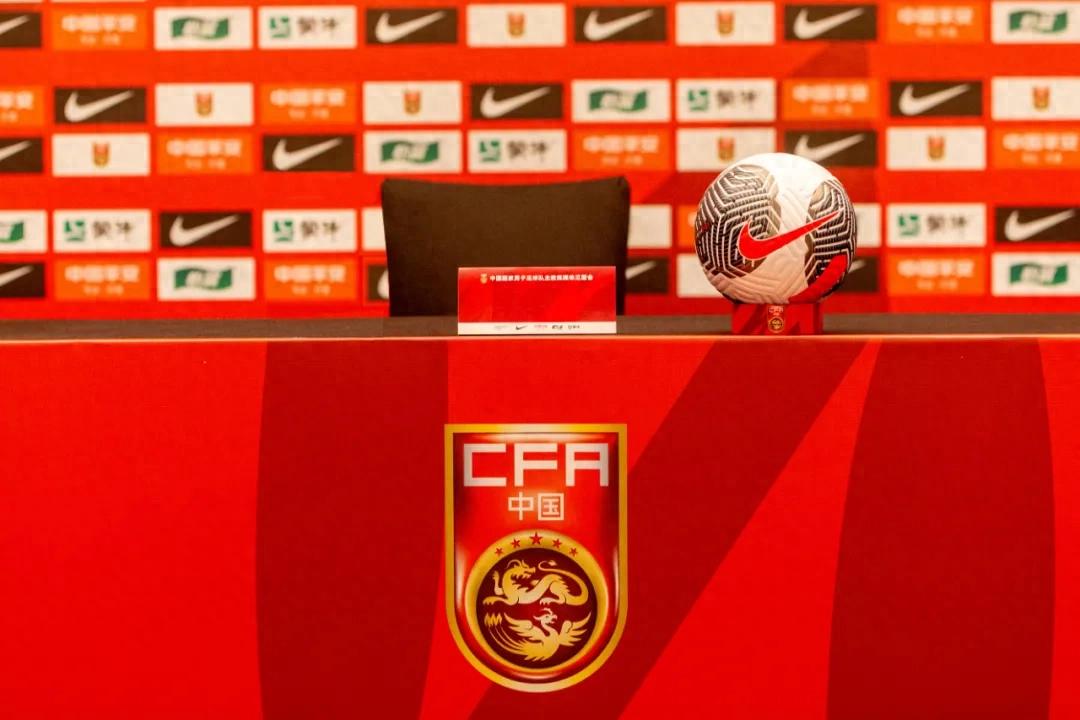
By Cheng Shan On the afternoon of September 5th, the Chinese Football Association published the announcement regarding the open selection for the head coach of the Chinese men's national football team. The objectives include steadily enhancing the national team's performance and FIFA ranking, aiming to qualify for the 2030 World Cup.
Following the announcement, fans engaged in lively discussions. Particularly, the seventh requirement in the application conditions—“a profound understanding of the tactical characteristics, competitive landscape, and development trends of modern high-level matches, and adherence to a proactive playing philosophy and tactical style”—reminded many fans of Jordi, who previously coached in the Chinese Super League. Jordi, who led Qingdao Huanghai and Zhejiang to play possession-based football, was a hot topic among media and fans during the last World Cup qualifiers’ coaching selection. However, at that time, he was managing Zhejiang, and the Chinese Football Association eventually chose Iván, foregoing the option of selecting a coach from the league.
What is Jordi up to now? Will he participate in this round of coaching selection for Chinese football? Our paper contacted Coach Jordi for an exclusive interview.
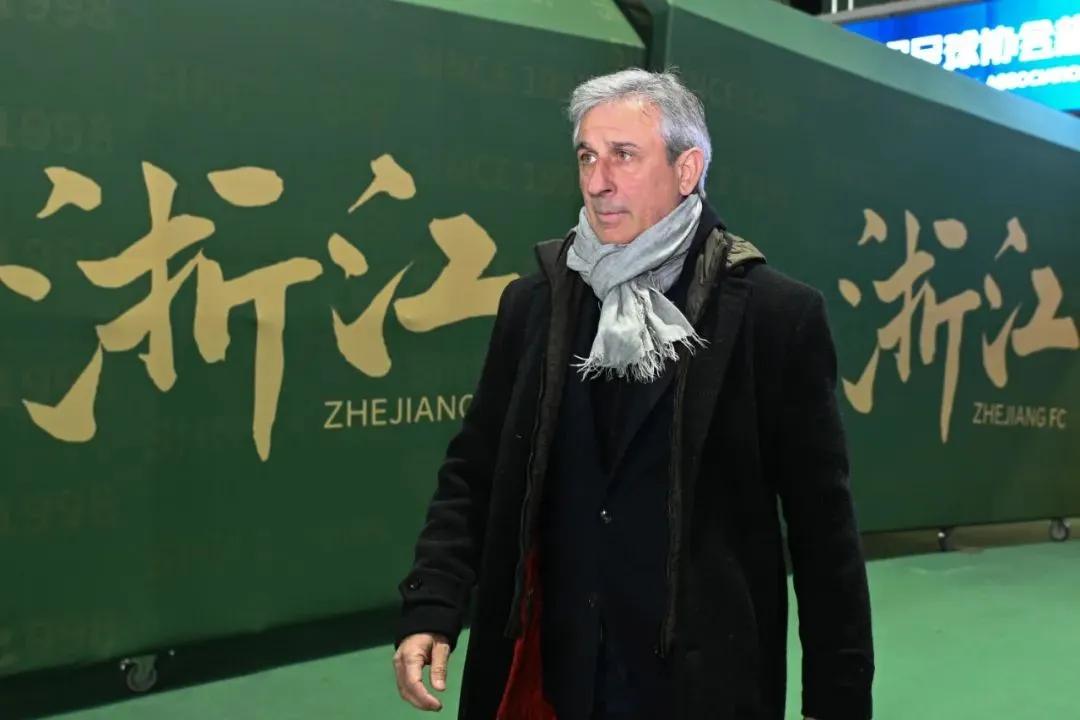

◆Football: Coach Jordi, hello. What have you been doing recently since leaving your position at Zhejiang?
Jordi: After enduring immense pressure, achieving promotion to the Chinese Super League, finishing third twice, reaching the FA Cup final, competing twice in the AFC Champions League, and delivering excellent results even under special circumstances in my final year... After four fulfilling years in Zhejiang, I needed a short break. I spent time with family, recharged, watched many international matches, and continued improving myself. This moment is perfect for gathering strength to embrace new challenges ahead.
◆Have you received any new coaching offers recently? What criteria do you use when choosing a new job?
Yes, I’ve been fortunate to receive offers from several countries. My criteria are very clear: I want projects with ambition and lofty goals that align with my understanding of football.
◆Are you still following the Chinese professional league and the national team? Do you watch CSL live matches?
Absolutely. I’m very familiar with both the CSL and the national team. Whenever time allows, I watch live broadcasts or catch up through replays. Thanks to technological advances, there’s no excuse; all matches are recorded, so I can easily follow and analyze the games.
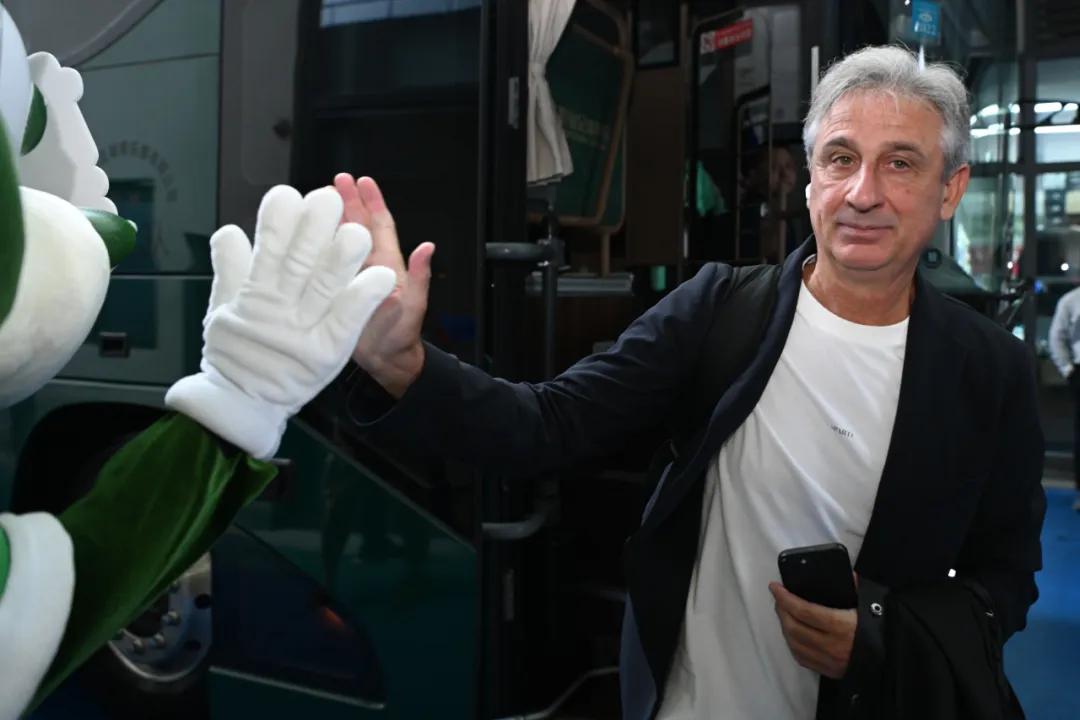
◆How does this year's CSL compare to when you were coaching? What do you think about the current four-team title race? Do you believe Zhejiang has the strength to compete for the championship in the future?
Honestly, the CSL hasn’t changed much since I was there. Only a year has passed, and the teams’ strength remains quite close. It’s true that four teams have stood out this season, which wasn’t as obvious when I first arrived. Each team has its strengths and weaknesses, but as always, the team that maintains consistent performance and handles weekly pressure to win will ultimately claim the title.
Regarding Zhejiang, during my tenure, the team exceeded expectations: twice finishing third in the league, reaching the FA Cup final, and competing in the AFC Champions League... But judging by this season’s situation, breaking into the top three seems nearly impossible, which is disappointing for fans. If recruitment is done well, next year the team should get closer to the top three and possibly contend for the championship.
◆You must have noticed Wang Yudong’s performances in the league and national team. Wang once said it was you and the club who helped him enter professional football and that he learned a lot from you. When you first saw him, how did you assess his potential?
I really appreciate his words. He is not only an excellent player but also a great person, which is crucial. I met him during youth team training, where we always involve young players in first-team sessions to foster growth. I used this method in Barcelona’s U18 as well, and those players later became professionals. From day one, I sensed he was different. The football school also played an important role, providing quality development. Under our guidance, he progressed rapidly. If he hadn’t spent so much time with national youth teams, he might have had more playing opportunities earlier. But seeing his unforgettable smile after scoring his first goal in the AFC Champions League made all the effort worthwhile.
◆Do you think Wang Yudong has the ability to play abroad? What advice would you give him to develop better?
He definitely has the level to go overseas. Ideally, if he wasn’t already in the national team, I would look for a European club with a strong youth system and a tactical style that fits him. But since he’s now an important national team member, the best plan is to continue growing at his club, gaining international experience, and wait for a top European club to offer him a chance. That would be a career breakthrough.
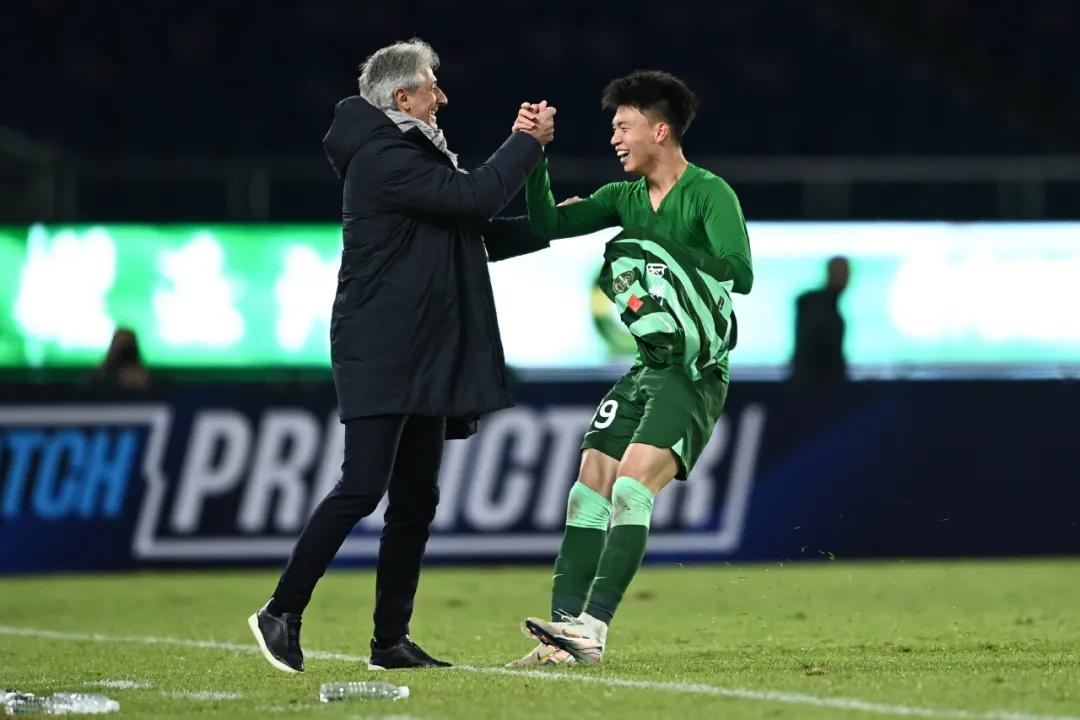

◆Football: The Chinese national team is currently selecting a new head coach. When you coached Zhejiang, you were a leading candidate for the national team job. Are you interested in applying for the Chinese national team head coach position?
Jordi: Absolutely interested. I have always believed in the potential of Chinese players, especially the new generation who are emerging with better preparation. Coaching the Chinese national team would be a great honor for me.
◆Do you think the tactical level the Chinese national team showed during the final 18 qualifiers was genuine? Did it meet your expectations for the team?
I have the utmost respect for the coaches who have led the team, but I truly believe the national team’s level is much higher than what was shown in the qualifiers. I still believe this squad holds enormous potential.
◆Whether it was the round of 36 against South Korea or the final 18 against strong teams like Japan and Australia, the Chinese men’s team seemed powerless. Many fans feel that even a miracle worker couldn’t help the team now. Do you have confidence in the Chinese national team?
Certainly, absolutely. Asia has very strong competitors, but as long as we keep faith and work hard, China will definitely become one of Asia’s top teams.
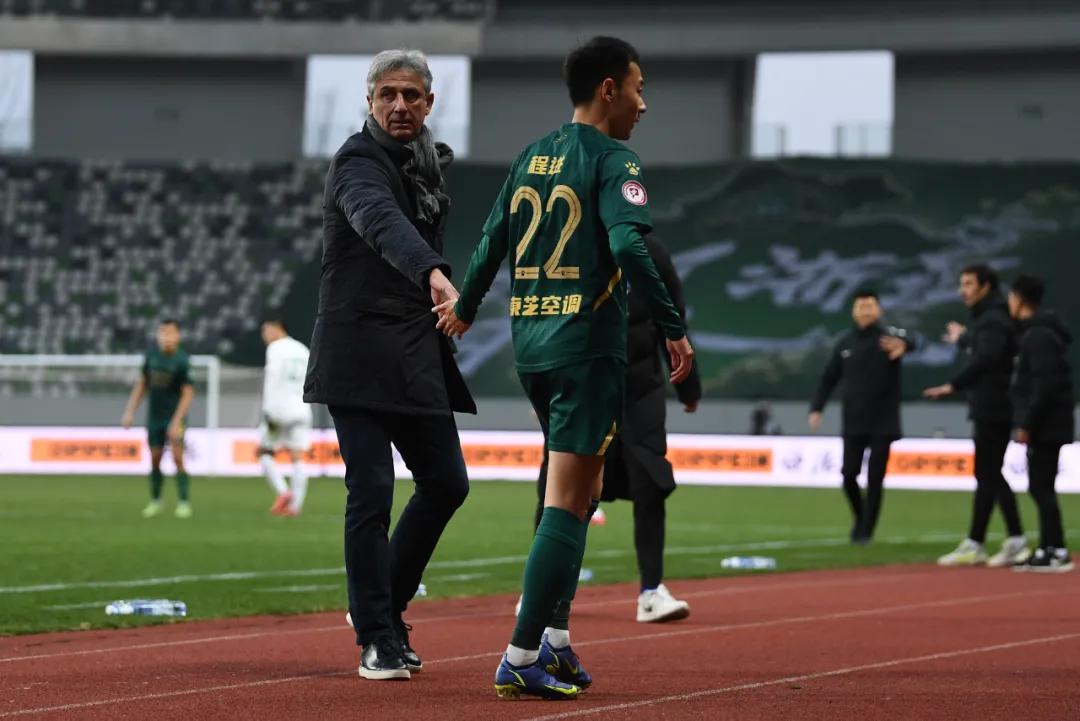
◆Do you think Chinese players have the ability to execute your possession-based football philosophy well?
I firmly believe so. We proved this in Qingdao and Zhejiang. The teams’ original style changed completely after we arrived, achieving remarkable results. With some adjustments, this philosophy can perfectly suit Chinese football.
◆If you get the chance to coach the national team, would you adapt your tactics according to the team’s abilities or stick to your own coaching philosophy?
Tactics must be adjusted based on the team’s capabilities, but the core will always be my way of understanding the game.
◆Implementing such a foundational philosophy takes time, but being the Chinese national team head coach is like sitting on a volcano—immense pressure. If you participate in the selection, have you prepared for this pressure?
Pressure exists everywhere, but I put even more pressure on myself. Also, I believe there is enough room to work in China. Before official matches, there are always a few days to prepare the team thoroughly. My team and I know how to use training camp time efficiently without interfering with club duties.
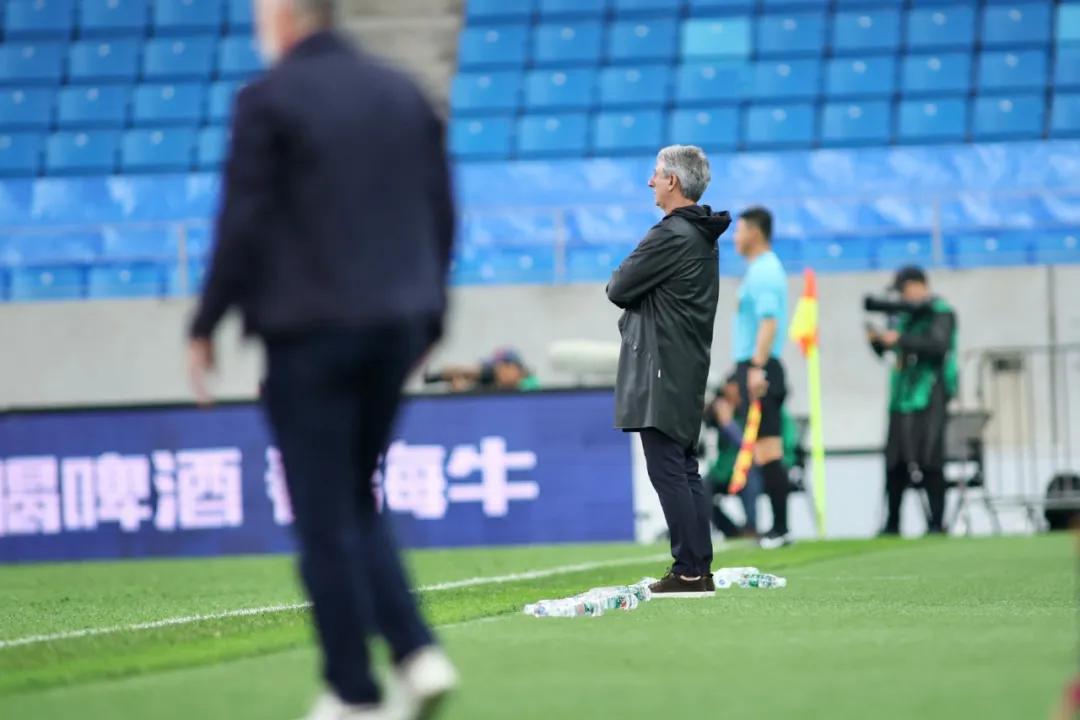
◆Many Asian countries are aggressively naturalizing players. Indonesia recently qualified for the World Cup playoffs thanks to naturalized players. China’s naturalization efforts have not met expectations. Do you think China’s football development requires a large number of naturalized players in the future?
That might be a short-term solution, but I don’t see it as key. As long as selection is done well and local talent is continuously discovered, relying heavily on naturalized players isn’t necessary.
◆Since you started coaching Qingdao Huanghai in 2015, you have had a decade-long connection with Chinese football. You have never managed a big-spending powerhouse, which has allowed you to understand Chinese players more deeply. What do you think Chinese players generally lack? What are their strengths?
They mostly need to improve their tactical understanding, both individually and collectively. But they possess excellent technical skills and, with the right training methods, can even exceed expectations.
◆You once said, “My experience tells me that the football philosophy I advocate benefits the long-term development of Chinese football, including the national team.” If you become the national team head coach, how would you help the team?
I firmly believe I will place myself at the forefront of current football knowledge and be ready to assist in any area they need, whether as a coach, advisor, or trainer. As long as they think I can contribute the most, I will be there.
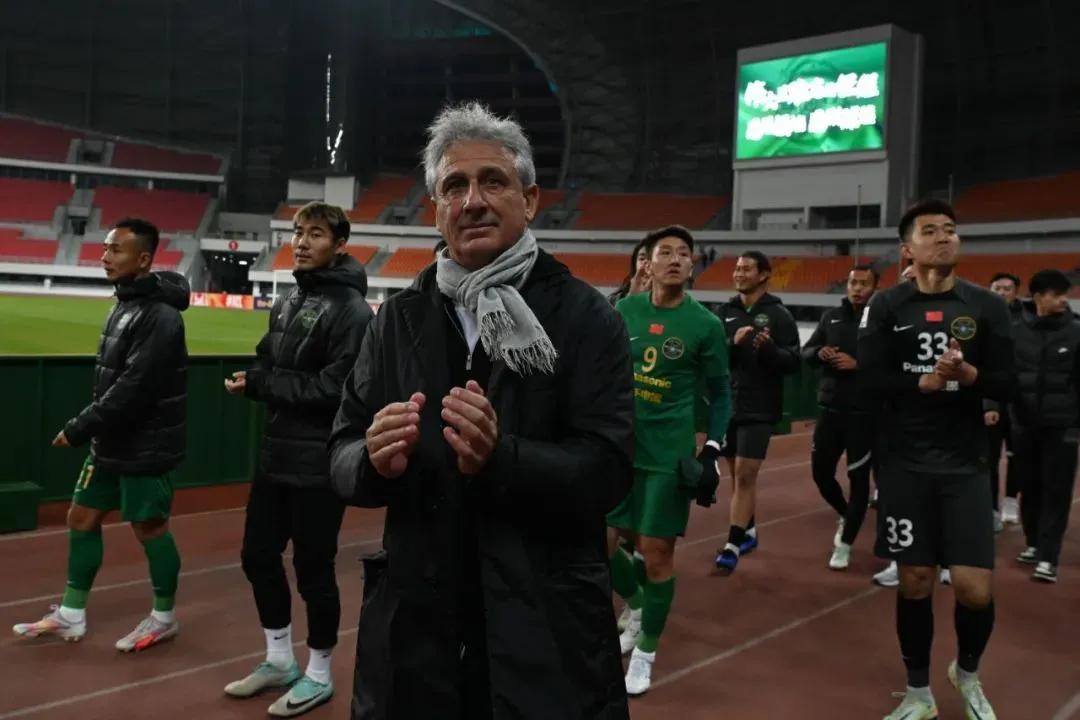
◆You have explained that coaching in China means balancing reality and ideals rather than compromising. This involves simplifying complex tactical schemes to better suit Chinese players’ characteristics. Has your decade of coaching strengthened your confidence in this approach?
Yes, absolutely. Knowledge transfer is a gradual process, from simple to complex. Once in Qingdao, a veteran who had been in the national team told me, “Coach, I understand now; you don’t need to teach me more.” I replied, “I’m glad you grasp it well, but next season we will learn more complex things. You’ll see there’s still a long way to go.” This is the core philosophy: gradual growth, because football has no finish line. I myself am still learning constantly.
◆Some fans think you are more suited to be a designer for Chinese national teams, helping to design and refine tactical styles and systems. What is your view?
It would be a great honor. Contributing my experience and knowledge to the Chinese national team would be an exciting challenge. Personally, I believe my work promoting Chinese football’s progress still has broad development space.
◆Ten years have passed; have you grown fond of China?
I really like it. I originally planned to stay just one season, but ten years have flown by. I get along well with the people here and love this country. China has become a part of my life.
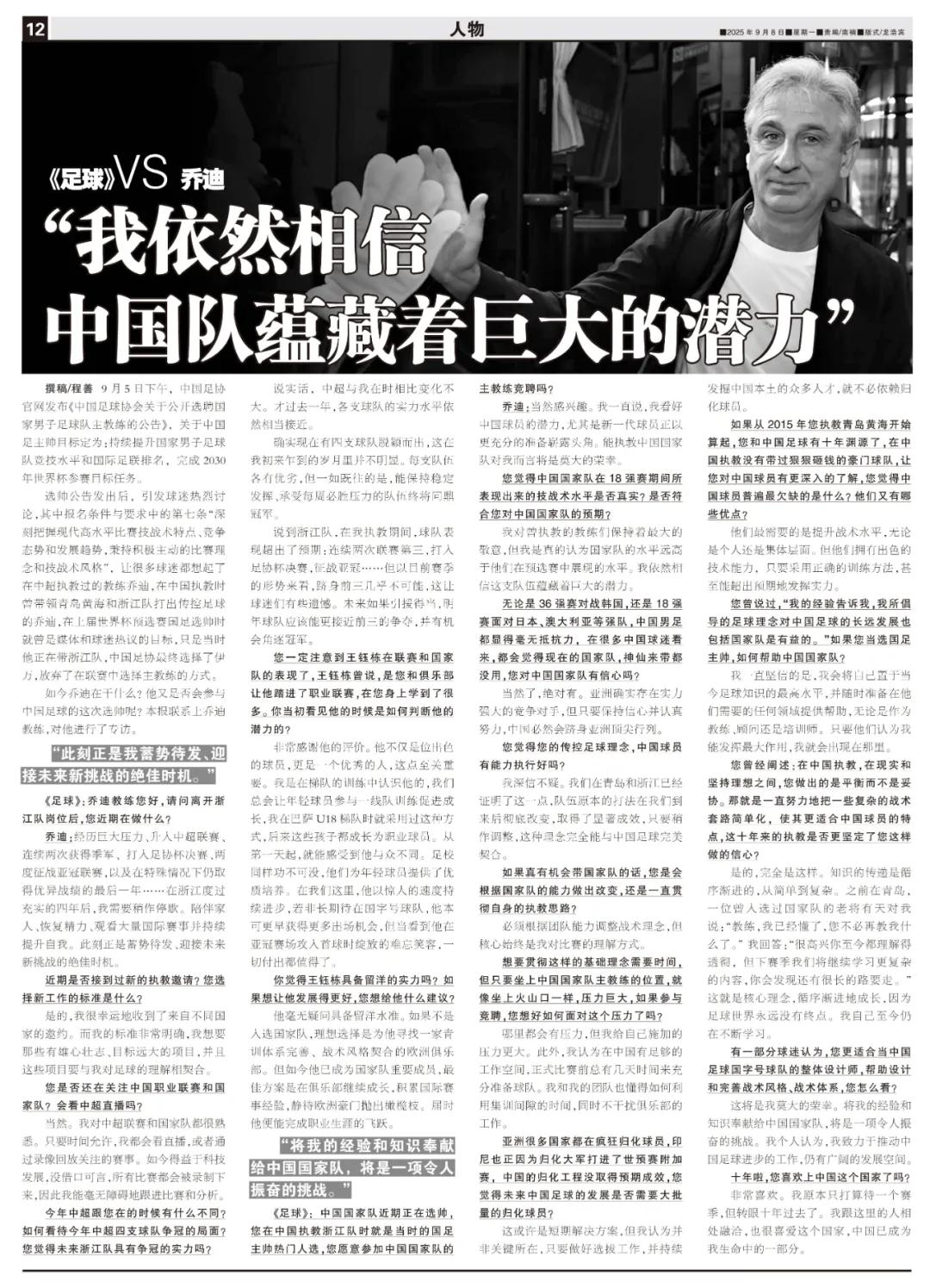




















 Links
Links
 Contact
Contact
 App
App


